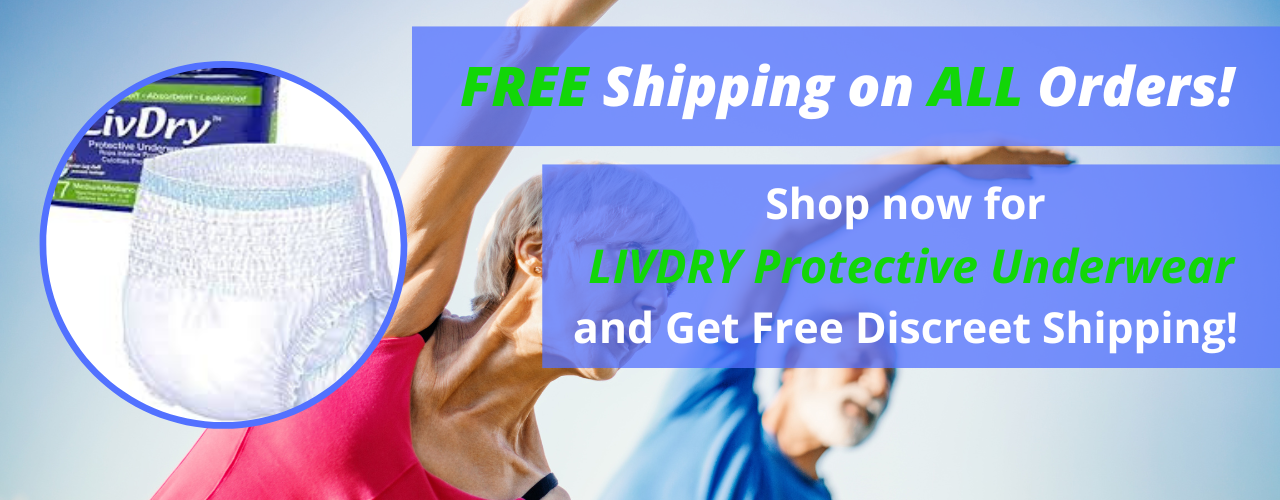Want to Lower Your Cholesterol Naturally? Try These 8 Tips
Written by TYE Medical on Oct 27th 2023
The time to start watching your cholesterol is now. And it doesn’t matter your age–it’s important for everyone. LDL cholesterol (the bad kind) has cumulative effects, meaning that it’s best to have a handle on it when you’re younger. By the time you’re 40, those effects begin to show as cholesterol buildup becomes more apparent and more likely to increase your risk of stroke and cardiovascular disease.
Even if your doctor hasn’t given you the cholesterol talk yet or recommended medication you may want to pay attention. You can greatly benefit your not-so-future health if you begin making lifestyle changes now. Think of it as setting yourself up for success or being proactive. To get you started, here are 10 tips to lower your cholesterol naturally.
What’s the Difference Between LDL and HDL Cholesterol?
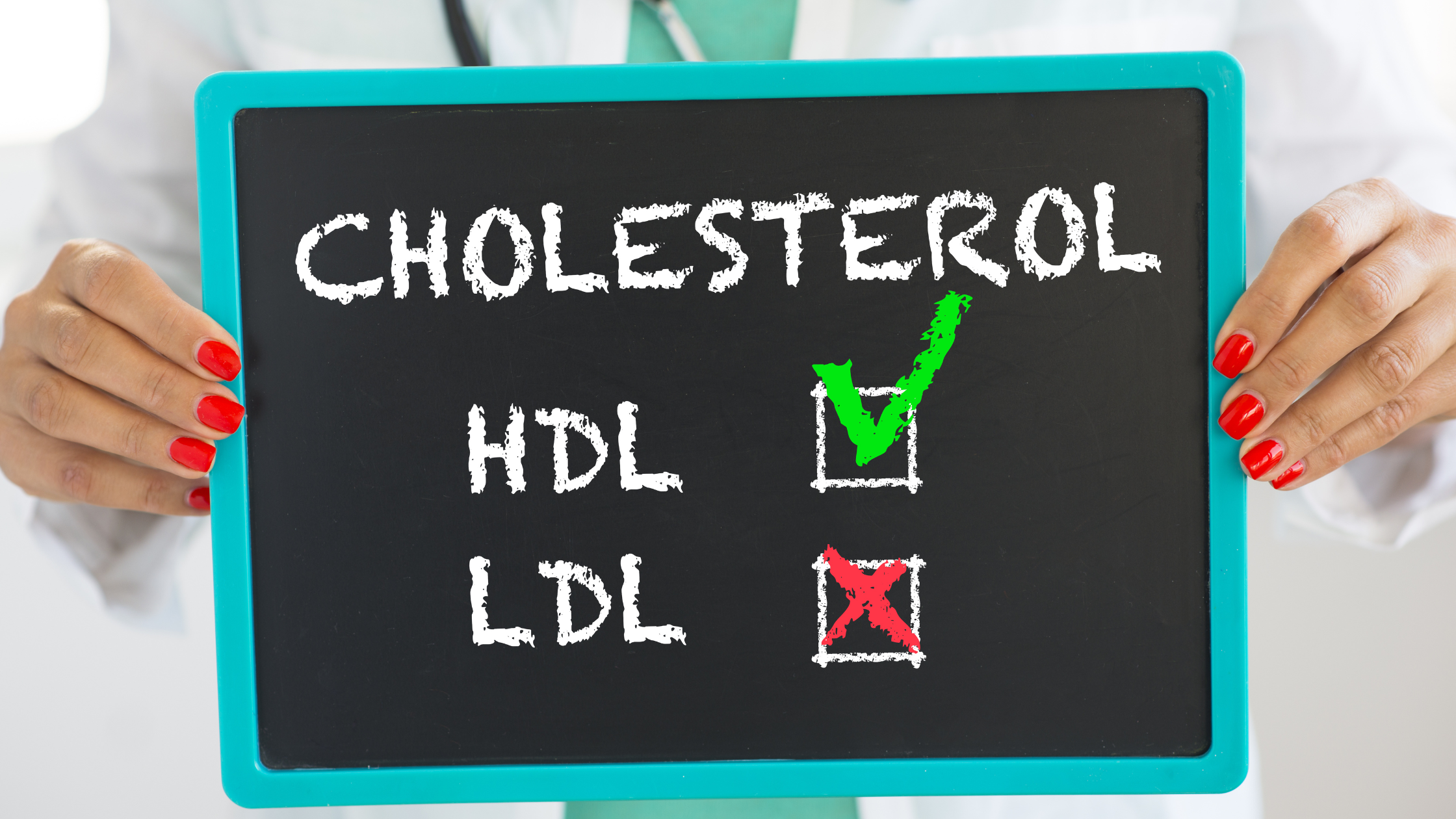
By now, you’ve probably figured out that LDL cholesterol is bad and HDL is good. But what is the difference?
Lipoproteins transport cholesterol, fat, and fat-soluble vitamins through your bloodstream. LDL is short for low-density lipoprotein. If you have high levels of LDL in your blood, cholesterol will deposit in the walls of your blood vessels. And this is what clogs your arteries.
On the flip side, high-density lipoproteins, known as HDL, helps move cholesterol away from your artery walls, a bit like sweeping out your arteries. That’s why it’s the “good” kind of cholesterol.
Ideally, cholesterol is carried through your bloodstream to your liver and ultimately your intestines for processing and excretion. But when you have too much LDL and too little HDL cholesterol, the bad stuff starts to collect in your arteries, leading to chronic and serious health conditions.
How Does Dietary Cholesterol Affect Blood Cholesterol?

Your body needs cholesterol. With all the bad press it gets these days, this fact can be surprising. But cholesterol aids in necessary bodily functions like making cell membranes, many hormones, and even vitamin D. But here is the problem: your liver produces all the cholesterol your body needs. This means that all the cholesterol you consume through your diet is “extra”. And the modern western diet includes frequent and large portions of meat, dairy, and LDL-containing oils.
While diet isn’t the only (or even the first) cause of high LDL cholesterol, it is one you can control. Making healthy choices about diet can help increase your HDL levels and decrease your LDL, improving your overall health.
Other factors that influence your cholesterol levels include:
- Smoking
- Family history
- Sedentary lifestyle
- Heavy alcohol use
Family history is the only factor that lifestyle choices can’t address.
The big offender when it comes to dietary cholesterol is saturated fat, because it’s prevalent in the modern Western diet and is easily turned into LDL cholesterol. When it comes to lowering bad cholesterol, saturated fat is public enemy number one.
1. Eat More Monounsaturated Fats
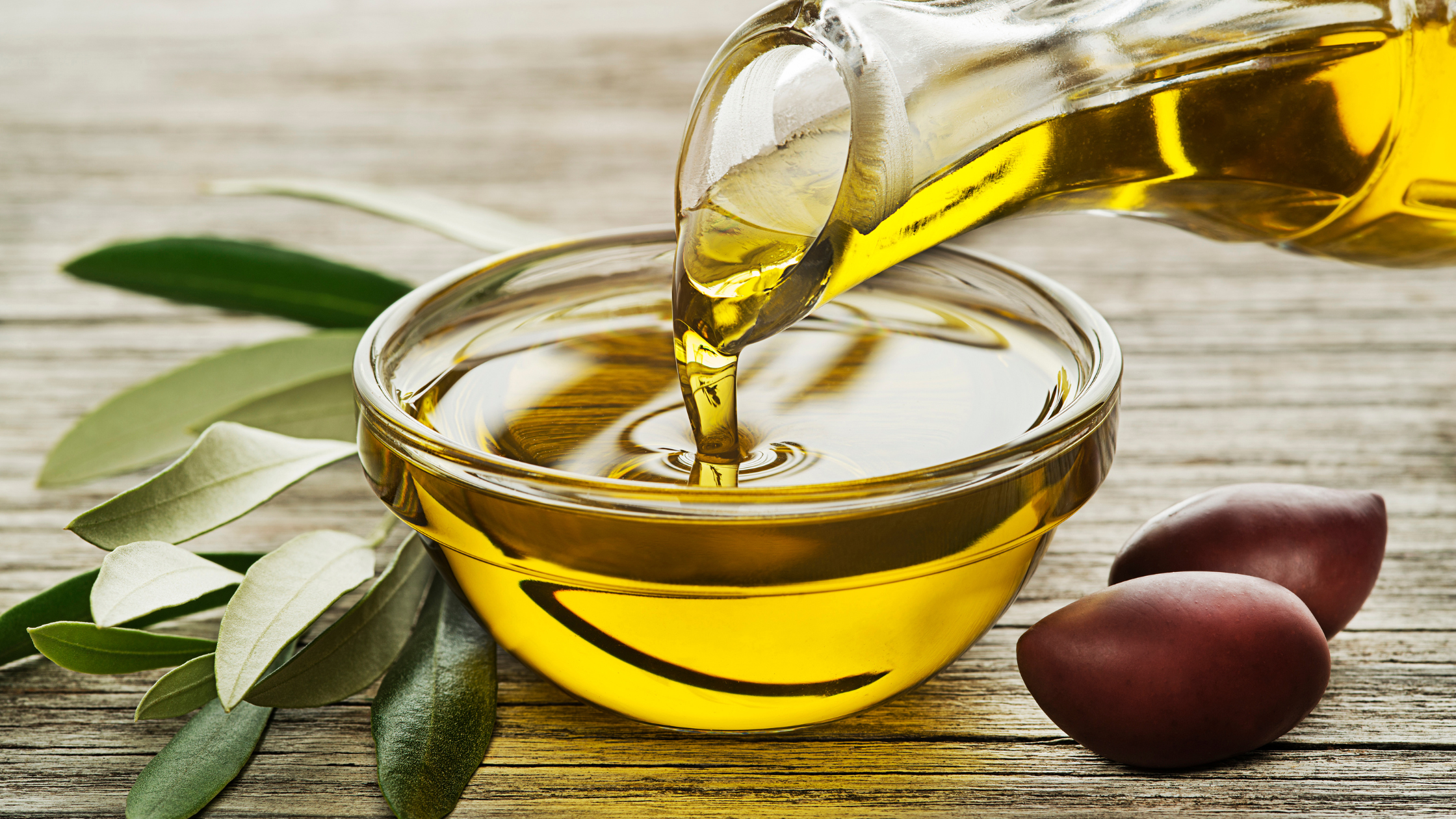
But minimizing saturated fats doesn't mean you need to avoid all fats. Instead you can focus on other, healthier types of fats that won’t negatively impact your cholesterol levels. Widely accepted evidence suggests that diets high in monounsaturated fats actually increase HDL levels while lowering LDL. The Mediterranean Diet is one that doctors often recommend to those trying to reduce their bad cholesterol.
Excellent sources of monounsaturated fats:
- Olive oil
- Canola oil
- Avocados
- Nut butters
- Nuts (almonds, cashews, and pecans)
- Olives
If you want to know more about following the Mediterranean Diet, check out our article, Want to Save Money and Eat Healthier? Try the Mediterranean Diet.
2. Make Polyunsaturated Fats a Priority
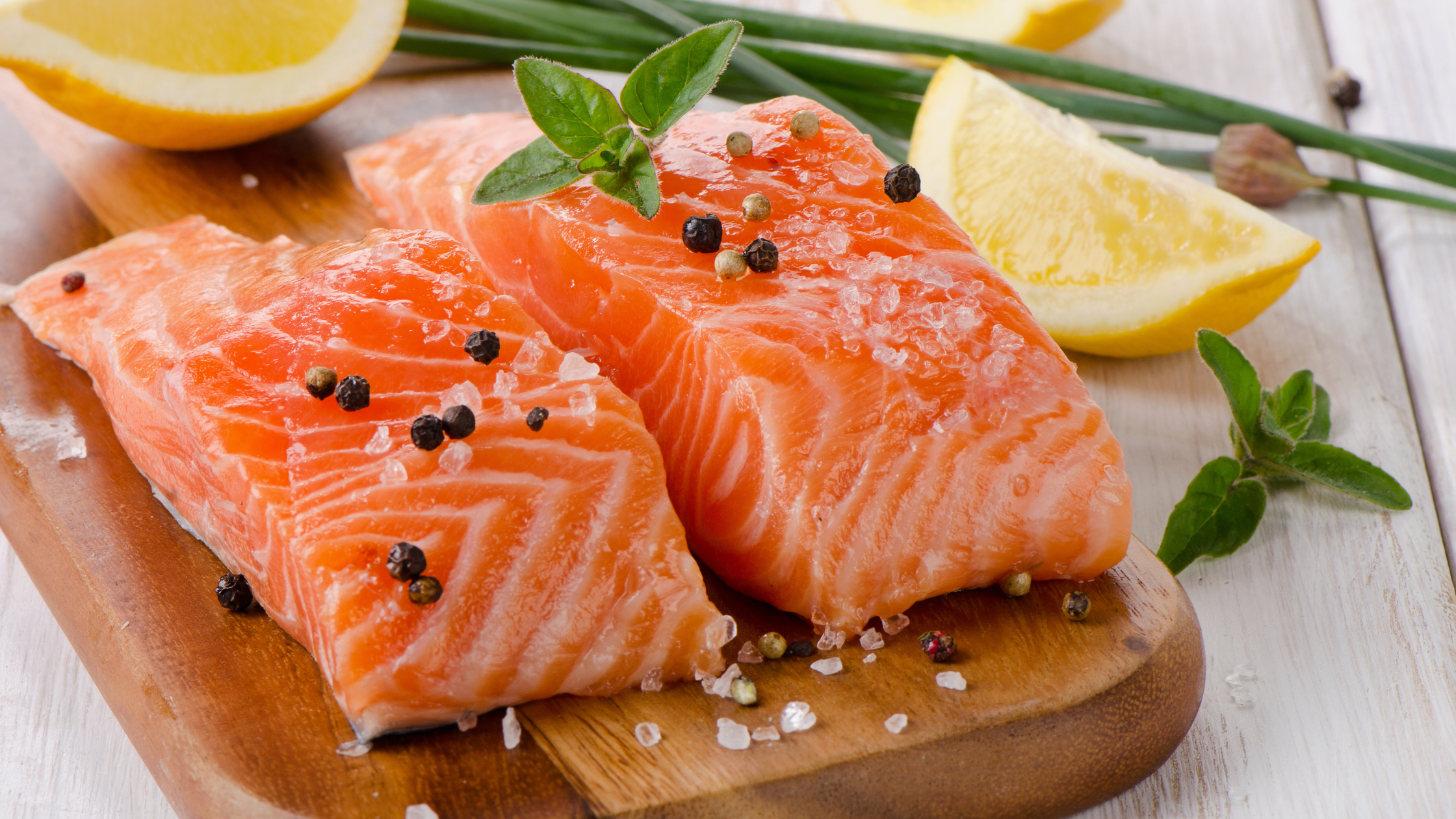
All polyunsaturated fats are known to decrease LDL cholesterol and lower the risk of heart disease. They may also lower your risk of type 2 diabetes and metabolic syndrome.
Omega-3 fatty acids are the star of the polyunsaturated fats and known to be overall heart healthy. You can get this superstar fat through fish oil supplements or when you eat fatty fish such as:
- Salmon
- Herring
- Mackerel
- Deep sea tuna (bluefin or albacore)
- Shellfish, including shrimp (but not as much as the others)
It’s best to get your Omega-3s directly from seafood rather than from supplements. But if you don’t like fish or don’t eat it frequently enough, a supplement can be beneficial.
3. Avoid Trans Fats
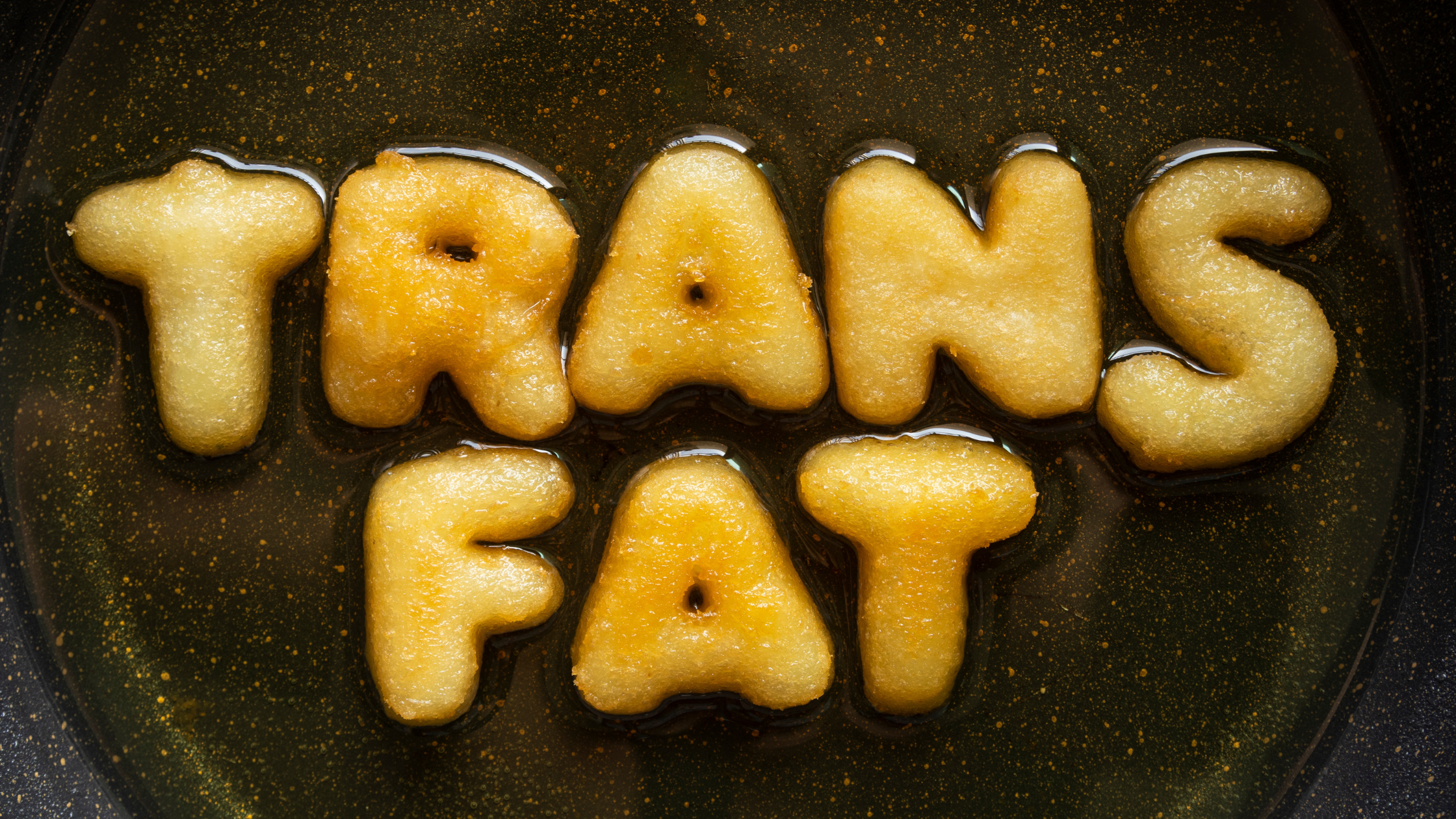
Trans fats are a serious enemy of healthy cholesterol levels. They are unsaturated fats that the food industry has modified using the hydrogenation process. The goal is to produce a vegetable oil that is in a more stable state. But it negatively impacts your cholesterol in two ways, as it both increases your LDL and lowers your HDL levels.
Foods that often contain trans fats:
- Pastries and other baked goods
- Margarine and shortening
- Some microwavable popcorn
- Some pizzas
- Non-dairy coffee creamer
It may be worth considering how frequently you consume trans fats and how it could be impacting your cholesterol.
4. Eat More Soluble Fiber
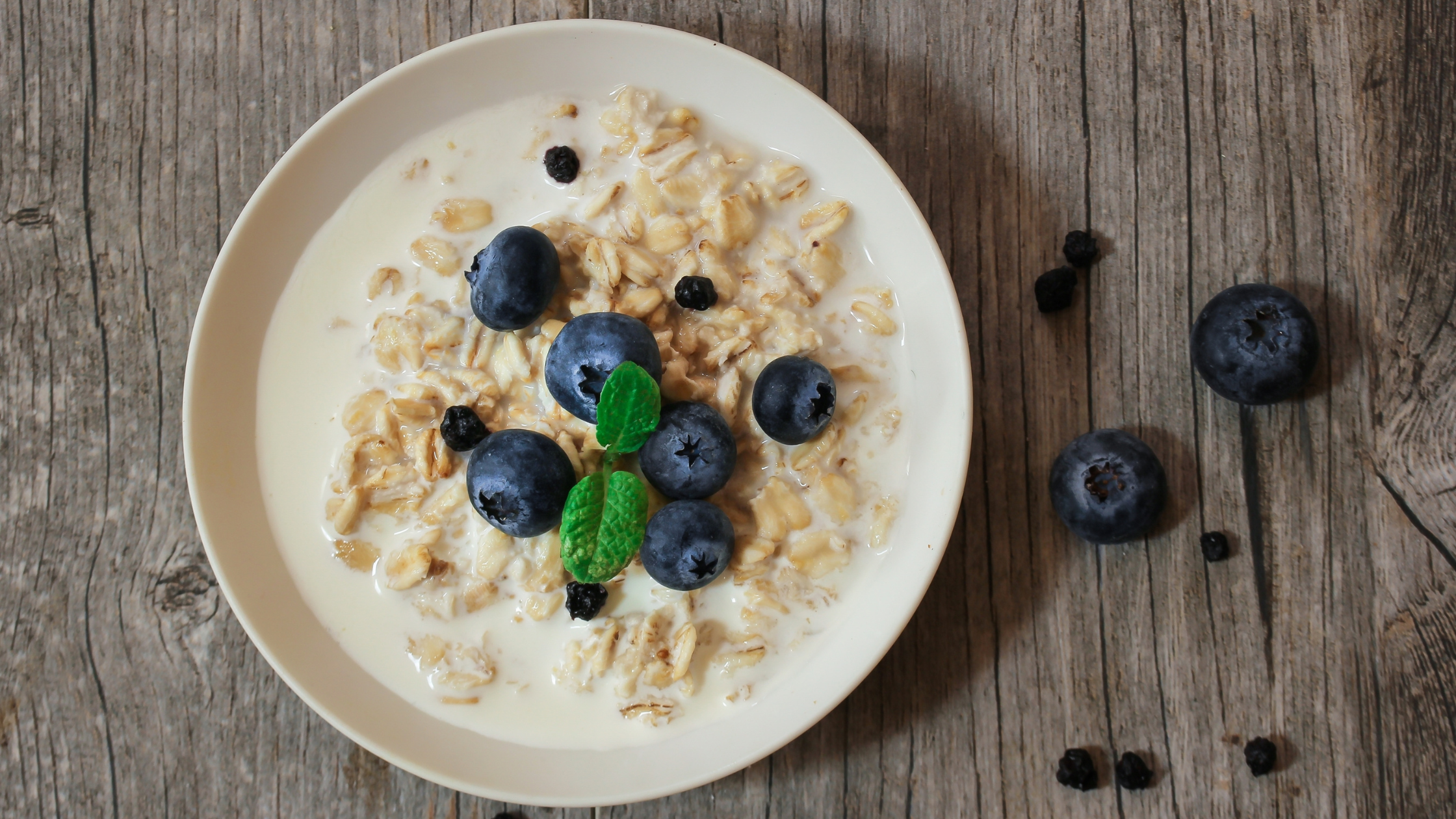
You can get soluble fiber from produce and whole grains. Whole grains in particular can not only help lower LDL cholesterol but also act as protection against cardiovascular disease. Swapping highly processed carbs for whole grain alternatives can positively impact your cholesterol levels and is very heart healthy.
But all soluble fiber can help bring down your creeping LDL cholesterol. Excellent sources of soluble fiber include:
- Oatmeal
- Oat cereals
- Fruits
- Flaxseeds
- Brussel sprouts
- Peas
Another reason to consider following the Mediterranean Diet plan is to emphasize whole grains and produce, making a large portion of your daily meals.
5. Incorporate Daily Exercise

A sedentary lifestyle is a major risk factor for high cholesterol and heart disease. Finding a way to prioritize exercise is in itself a priority when it comes to healthy cholesterol levels. In fact, much like whole grains and monounsaturated fats, exercise increases HDL while decreasing LDL.
The American Heart Association (AHA) recommends 150 minutes of moderate aerobic exercise every week, which translates to 30 minutes per day for five days. This is what it takes to lower cholesterol levels and impact heart health. Incorporating strength training into your routine can maximize the benefits.
6. Keep a Healthy Weight

A healthier diet and exercise routine is likely to help you shed some bounds, which is also great for your cholesterol. When you lose those excess pounds, it often lowers your LDL but also increases HDL.
But keep in mind that it’s best to discuss weight loss plans with your doctor to ensure that you continue to get the nutrients you need as you reduce calorie intake. The goal is to find a sustainable weight loss plan that will easily transition into a maintenance plan. It’s more about adjusting your current food lifestyle than adopting a temporary diet.
7. Try Plant Sterols and Stanols
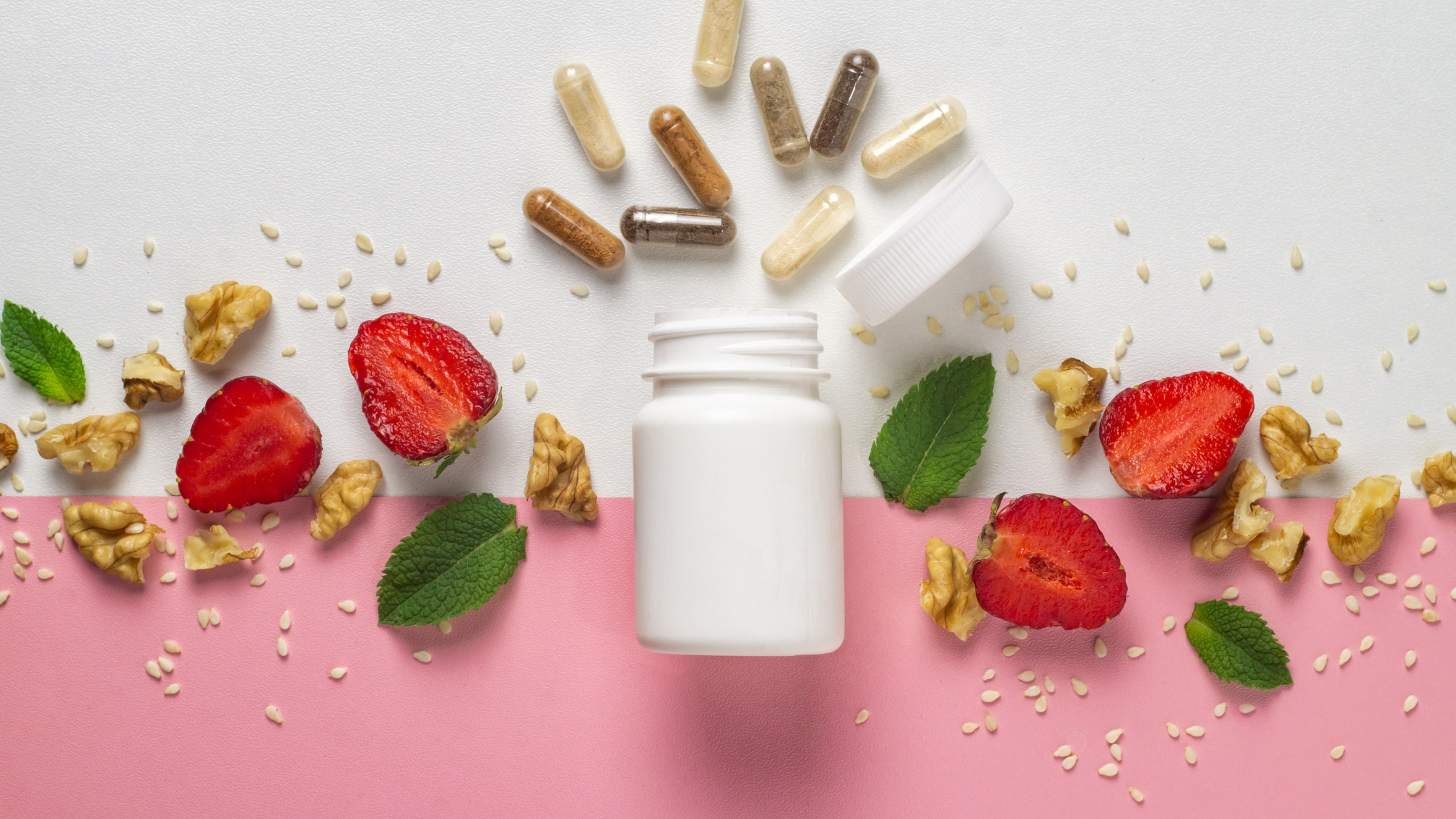
These supplements can give you some extra help beyond diet and exercise, which you might need if you have a family history of high cholesterol. Plant sterols and stanols are considered the plant version of cholesterol. They resemble cholesterol and are absorbed through food like cholesterol.
Research suggests that their presence in the intestines block the absorption of actual cholesterol into the bloodstream, allowing it to pass through your system instead. In other words, your body more readily absorbs the “plant cholesterol,” leaving the bad stuff to continue to the exit door of your digestive tract. And sterols and stanols don’t build up in arteries or cause other problems in the human body.
Taking them in supplement form helps manage your cholesterol levels. But you can find small amounts naturally in vegetable oils, and they’re often added to some oils and butter alternatives.
8. Other Helpful Supplements
Aside from stanols and sterols, you can gain cholesterol-lowering benefits from other natural supplements like:
Fish Oil
Most fish oil contains high levels of omega-3 fatty acids, DHA, and EPA, which can be very beneficial for lowering LDL. Just be sure you purchase a quality supplement recommended by your doctor.
Psyllium
This is a soluble fiber supplement that can help you lower LDL if you struggle to get enough soluble fiber in your diet.
Coenzyme Q10 (CoQ10)
Although research is ongoing, this is a commonly accepted supplement for cholesterol benefits. It’s a food-related chemical that helps your cells produce energy. You can think of it as a type of vitamin. But unlike vitamins, your body can produce CoQ10 on its own, which usually prevents deficiency. Discuss the use of this supplement with your doctor.
Cholesterol: It’s Complicated
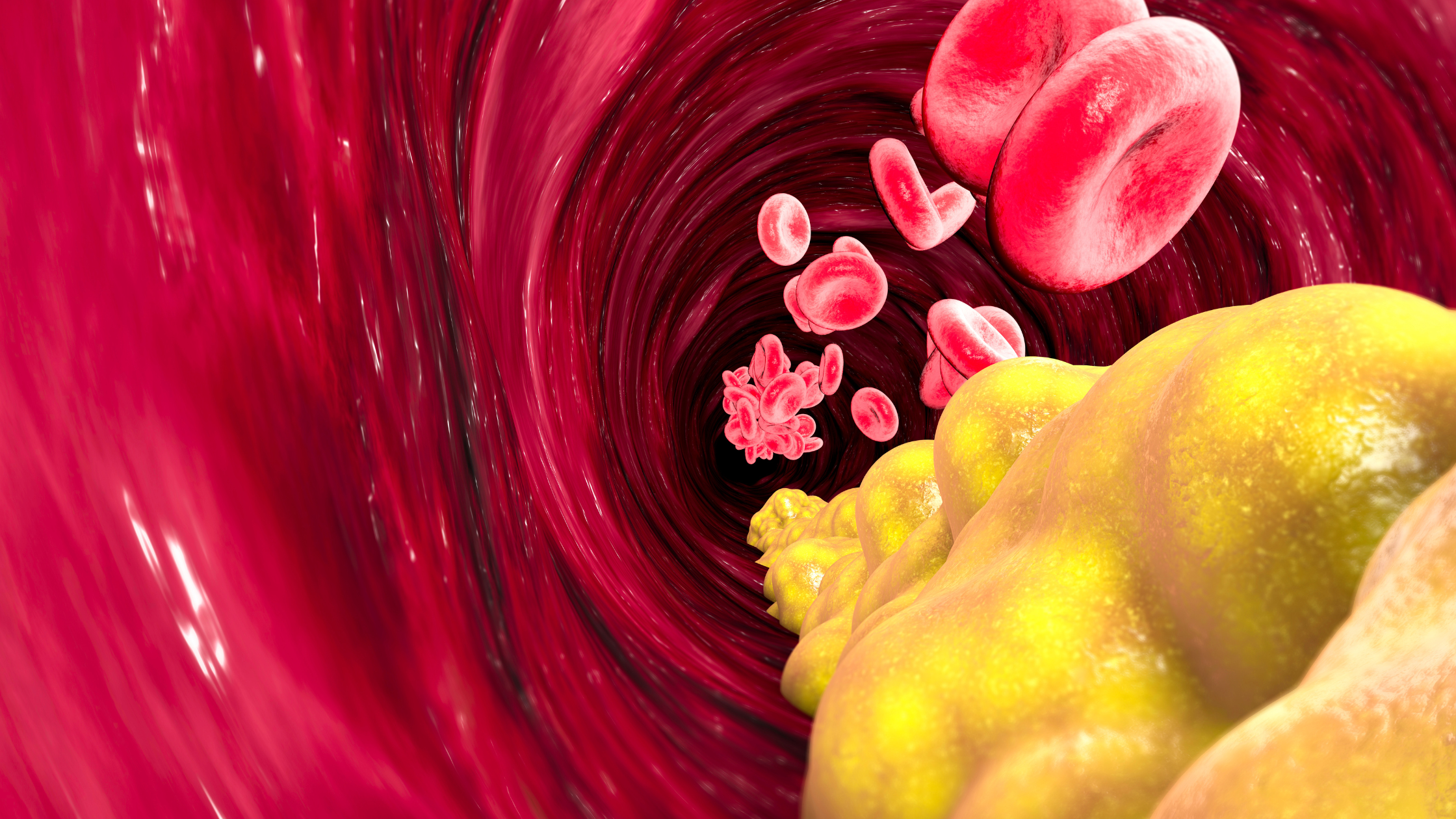
Good cholesterol, bad cholesterol, plant cholesterol, dietary cholesterol, blood cholesterol…it can be a bit confusing. But there are a few keys to remember:
- Get 150 minutes of aerobic exercise weekly.
- Minimize saturated fats by eating non-fat dairy and lean meats in moderation.
- Increase consumption of whole grains and produce.
- Add salmon or other fatty fish to your weekly diet.
- Take fish oil or fiber supplement if needed.
- Don’t smoke and avoid alcohol.
If you follow these general guidelines and maintain regular checkups with your doctor, you may be able to postpone the need for cholesterol-lowering medications even if you can’t avoid it completely.


